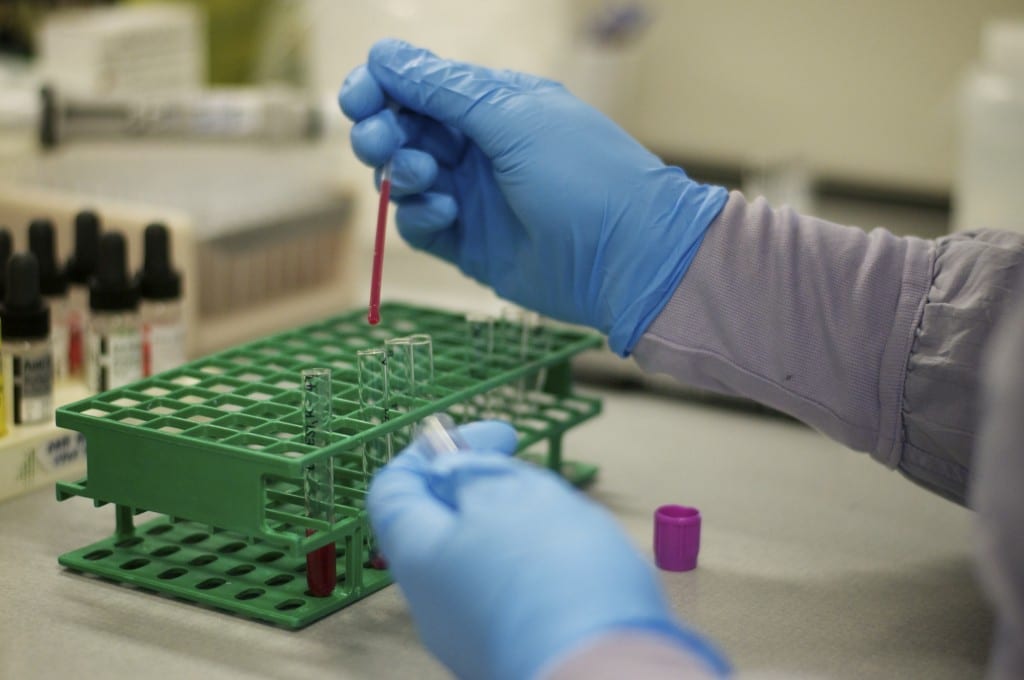Flu and H1N1, not causes for alarm

Stay hydrated, watch for symptoms, wash your hands and all will be fine
Article: Paige Kreutzwieser – Staff Writer
[dropcaps round=”no”]A[/dropcaps] vaccine shortage and 12 flu-related deaths in Saskatchewan is no cause for alarm said one University of Regina Faculty of Nursing staff member.
Glenn Donnelly, an associate professor for the faculty, said that although the seasonal flu is extremely contagious, the deaths in Saskatchewan should not be reason to panic.
“The people that have died in Saskatchewan are generally people who had some pre-existing health problems such as HIV or tuberculosis.”
Although these victims had compromised immune systems, Donnelly said everyone should still be cautious.
“The important thing is when you have symptoms stay home.” He suggests frequent hand washing, alcohol cleansers, avoid touching your face, and taking care of your body to help prevent contracting any viruses. Symptoms Donnelly suggests looking out for were diarrhea and vomiting.
“[H1N1] becomes serious when you become really dehydrated. Dehydration is more serious than you think it is. So I think when a person has diarrhea or vomiting for more than 24 hours they should be seen by a doctor and get hydrated.”
With a shortage in vaccine this season, many people have become anxious. Donnelly said there is an explanation for this shortage.
“They order vaccine based on what they used last year. So when you have several people in Alberta die, and it’s younger people that died, it got everybody scared and people start showing up to get the vaccine that have never had it in their life so, they ran out very quickly.”
But, if you were vaccinated in previous years, you may be in luck.
“If you got it last year . . . or in 2009, you may have some protection,” said Donnelly, who added that the basic recommendation is to get it every year.
University students may also be in luck even with the shortage.
“Generally speaking with the seasonal flu, people in their twenties don’t get it [so] badly that they die from it,” explained Donnelly.
Donnelly acknowledged the media added to the hype.
“The media has made us more aware of [H1N1]. I think the minute you start hearing there are deaths of young people, and we sort of expect there are going to be deaths of elderly people, it scare everybody.”
Donnelly has made an observation in the way our society must adapt to viruses.
“I think there isn’t a flu season anymore. It’s year around. We have such global travelling…so I think we transmit influenza all the time. I don’t think there is a season that is any worse than the rest.”
He suggested going and getting vaccinated as soon as you can. But count on it being later rather than sooner.
Here in Saskatchewan, the Regina Qu’Appelle Health Region has limited the vaccine to people in high-risk groups. This includes people with pre-existing conditions like diabetes or asthma, as well as young children and pregnant women.
Donnelly laughed when asked where a university student should look to get vaccinated.
“I heard [Thursday] that the health region phone rang busy all day.”
[button style=”e.g. solid, border” size=”e.g. small, medium, big” link=”” target=””]Image: Emily Wright[/button]









